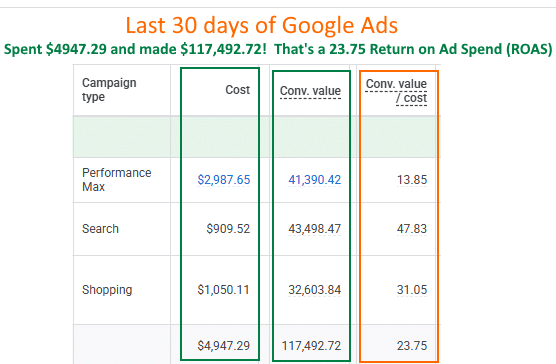Black Friday is synonymous with massive sales, frenzied shoppers, and unbeatable discounts. It marks the official start of the holiday shopping season and has become a cultural phenomenon. But have you ever wondered about the origins of Black Friday? In this blog post, we’ll delve into the history and evolution of this much-anticipated shopping extravaganza.
The Term “Black Friday” is Older Than You Think:
The term “Black Friday” dates back to the early 1960s. It was initially used by factory managers and police officers in Philadelphia to describe the day after Thanksgiving when the city streets became congested with both shoppers and tourists in town for the Army-Navy football game.
Transition from “Black Friday” to “Black Friday Shopping”:
While the original use of “Black Friday” referred to the traffic chaos, it gradually evolved into a positive connotation. Retailers in Philadelphia began using the term to describe the surge in sales that occurred on that day. Eventually, the notion of “getting out of the red” (indicating a financial loss) and “into the black” (indicating profitability) became associated with Black Friday.
Macy’s Thanksgiving Day Parade Influence:
The Macy’s Thanksgiving Day Parade, an iconic New York City tradition since the 1920s, also played a role in the development of Black Friday. As the parade concluded, Santa Claus would make his grand entrance, signaling the official start of the holiday shopping season. This tradition influenced the timing of Black Friday sales.
National Recognition and Retailer Participation:
By the 1980s, Black Friday had gained national recognition as the unofficial start of the holiday shopping season. Retailers across the United States began to adopt the term and offer special promotions and discounts to attract customers.
Early Bird Specials and Midnight Openings:
The 2000s saw the emergence of “doorbuster” deals and midnight store openings. Retailers started opening their doors earlier, with some even beginning their Black Friday sales on Thanksgiving evening. This shift encouraged dedicated shoppers to camp outside stores in anticipation of the best deals.
The Digital Evolution:
With the rise of e-commerce, Black Friday expanded into the online realm. Cyber Monday, the Monday following Black Friday, became synonymous with online deals. Many retailers now offer both in-store and online promotions, extending the shopping event beyond brick-and-mortar stores.
Globalization of Black Friday:
Black Friday’s popularity has transcended borders, spreading to other countries. While it may not coincide with Thanksgiving, retailers in various countries have adopted the concept of Black Friday sales to boost their end-of-year revenue.
From its humble origins as a term used to describe traffic congestion, Black Friday has transformed into a nationwide shopping phenomenon. It has become an annual tradition that marks the beginning of the holiday shopping season, offering consumers unparalleled deals and discounts. While the history of Black Friday may have evolved, its significance as a major shopping event remains intact, captivating shoppers and retailers alike each year.




